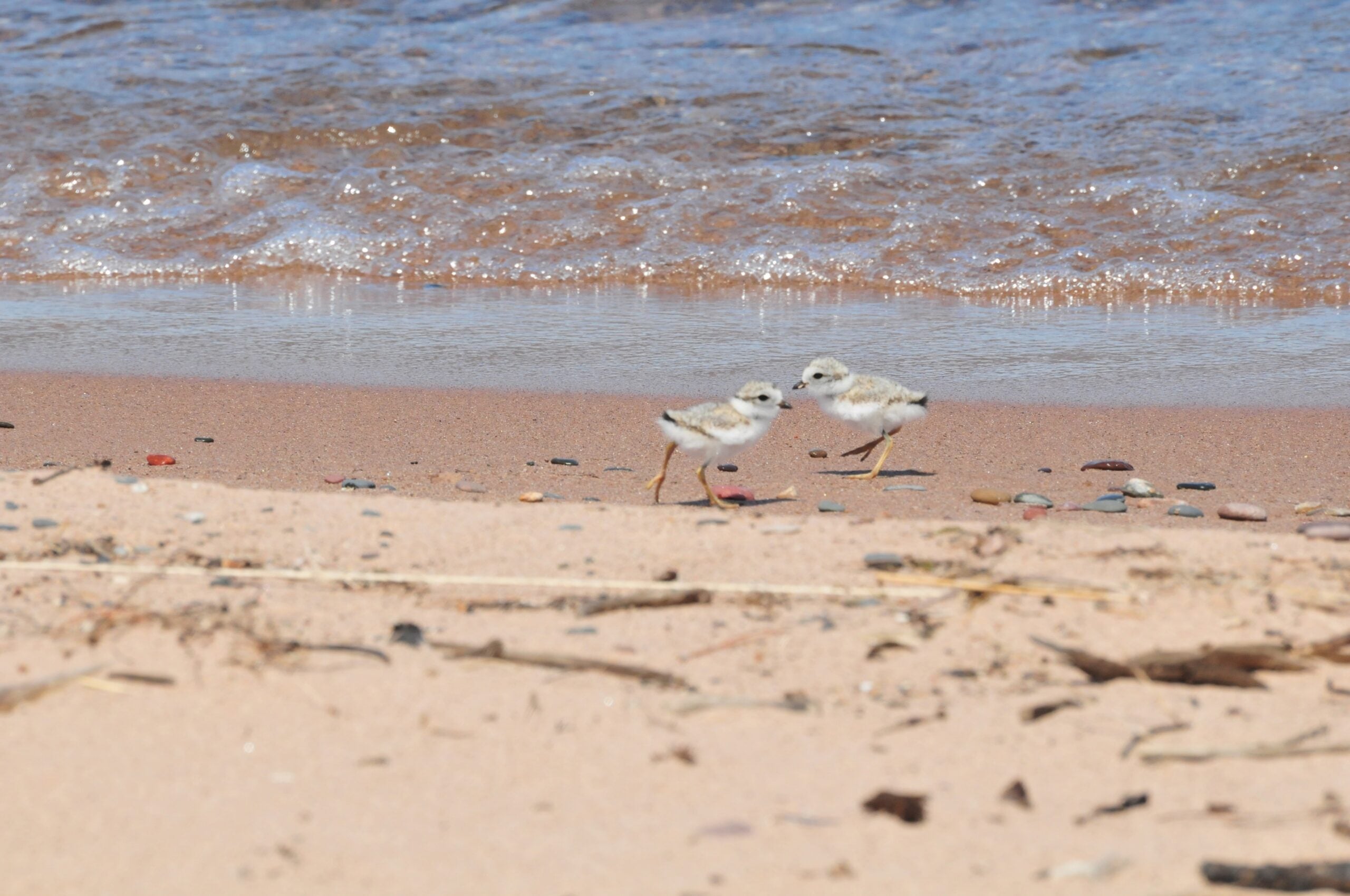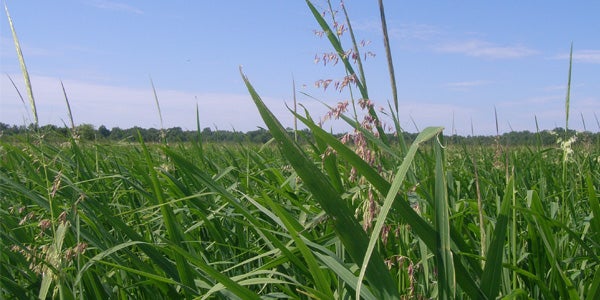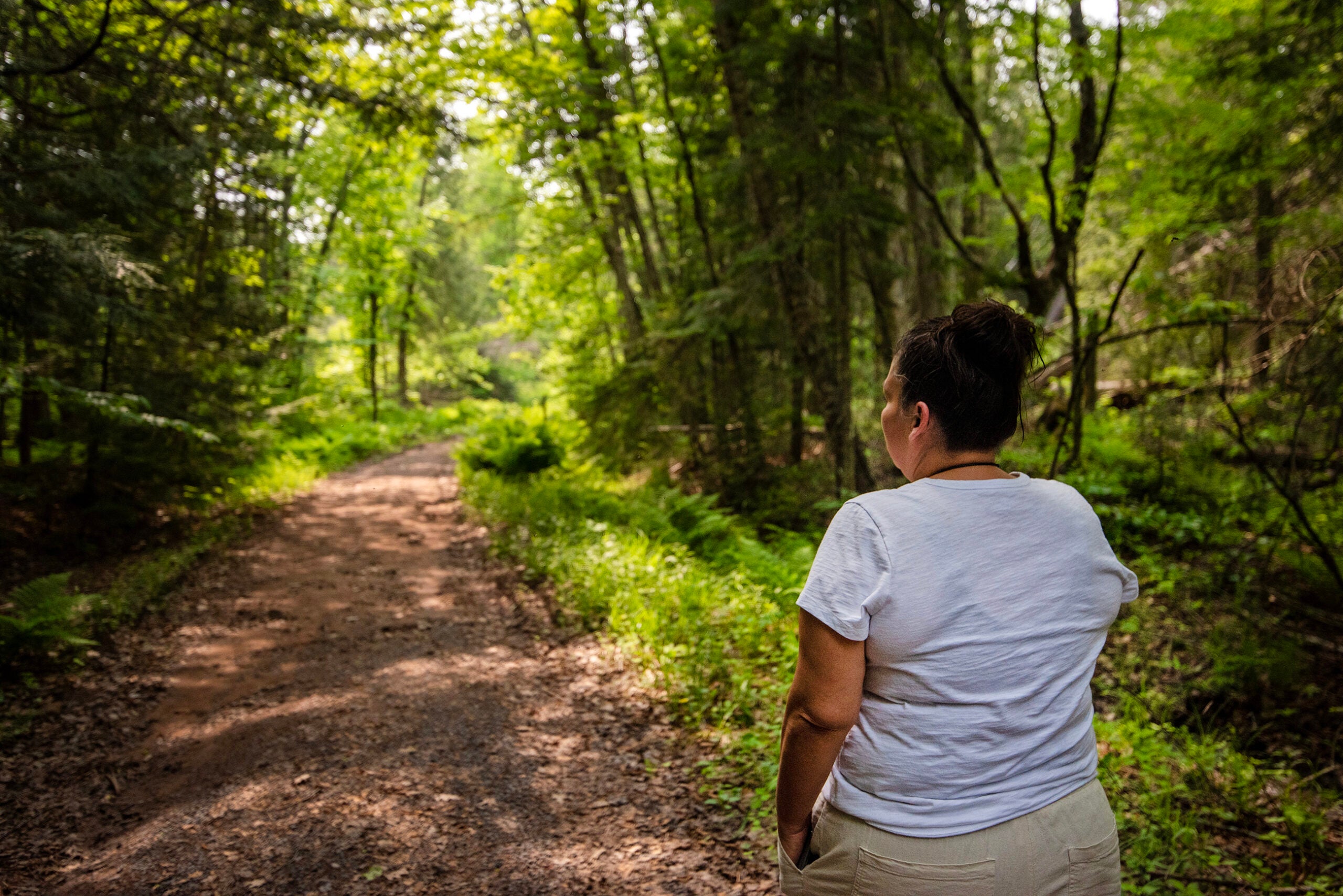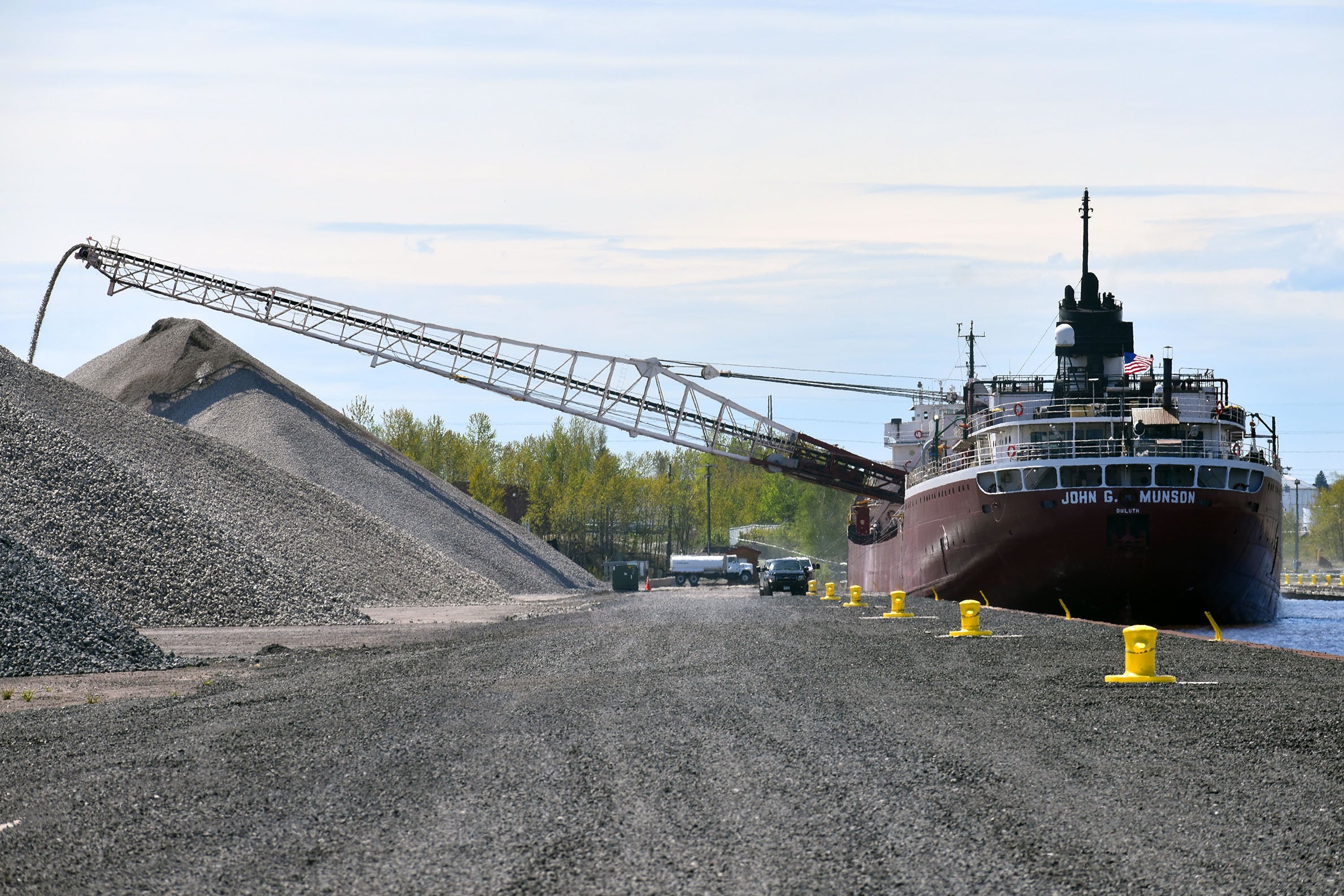The federal government is awarding $1.6 million to restore dunes and wildlife habitat on Wisconsin Point along Lake Superior. The National Oceanic and Atmospheric Administration received the funding through the Great Lakes Restoration Initiative.
The project is part of efforts to clean up the St. Louis River Area of Concern, which is among the most polluted areas in the Great Lakes.
Heather Stirratt, Great Lakes lead with the NOAA Office for Coastal Management, said the project was included as part of those cleanup efforts because of the loss of fish and wildlife habitat on the 228-acre sand bar. The area has been the focus of efforts to restore habitat for piping plover in recent years. The endangered shorebird hasn’t nested in the area for decades.
News with a little more humanity
WPR’s “Wisconsin Today” newsletter keeps you connected to the state you love without feeling overwhelmed. No paywall. No agenda. No corporate filter.
“Piping plover as a critically endangered and threatened species is certainly of concern,” she said. “But, there are other species that we’re concerned about and certainly the critical habitat that is located along Wisconsin Point, mainly the dunes themselves.”
The federal money will go to the city of Superior to begin a process of consolidating 22 small parking lots to four larger ones on Wisconsin Point. According to Brent Schleck, an environmental scientist for the Baldwin Group, which is contracting with NOAA on the project, cutting back the number of lots will reduce the number of footpaths to the beach.
“These worn paths that are there now are leading to a lot of dune erosion,” said Schleck. “There have been quite a few invasive species that have been populating the area as a result and some nuisance species as well, such as poison ivy.”
Superior Parks and Recreation Director Mary Morgan said she expects people may have trouble adapting to fewer parking areas.
“But, I think that what we get in exchange far outweighs the discomfort,” she said. “We get complete habitat restoration of 200 acres of property, which is really good for the estuary and ecosystem. Plus, we get these improved parking areas.”
Morgan said the city may receive some of the funding within the next two months to hire an engineering firm. The firm will draw up designs for boardwalks and the lots, which would provide around 90 parking spaces. The site design may take up to a year before any work begins, according to Morgan. But, local, state and federal governments will also consult with the public and area tribes before moving forward on the project.
Wisconsin Point holds special significance for the Fond du Lac Band of Lake Superior Chippewa. The Point was home to some tribal members until the early 1900s. The remains of their dwellings center on a Native American cemetery. While some burials were moved, a number of human remains are believed to exist. Morgan said they’re working with the tribe to avoid disturbing sensitive areas.
“They’ve asked us to use ground-penetrating radar, possibly in conjunction with sounding technology and other techniques, such as shovel testing,” said Morgan.
An archaeological survey conducted by the Duluth Archaeology Center found 105 historic features, including artifacts, structures and burial mounds. The center’s May 2015 report recommended the project avoid a Native American cemetery and further investigation and consultation on the other sites.
Wisconsin Public Radio, © Copyright 2026, Board of Regents of the University of Wisconsin System and Wisconsin Educational Communications Board.





